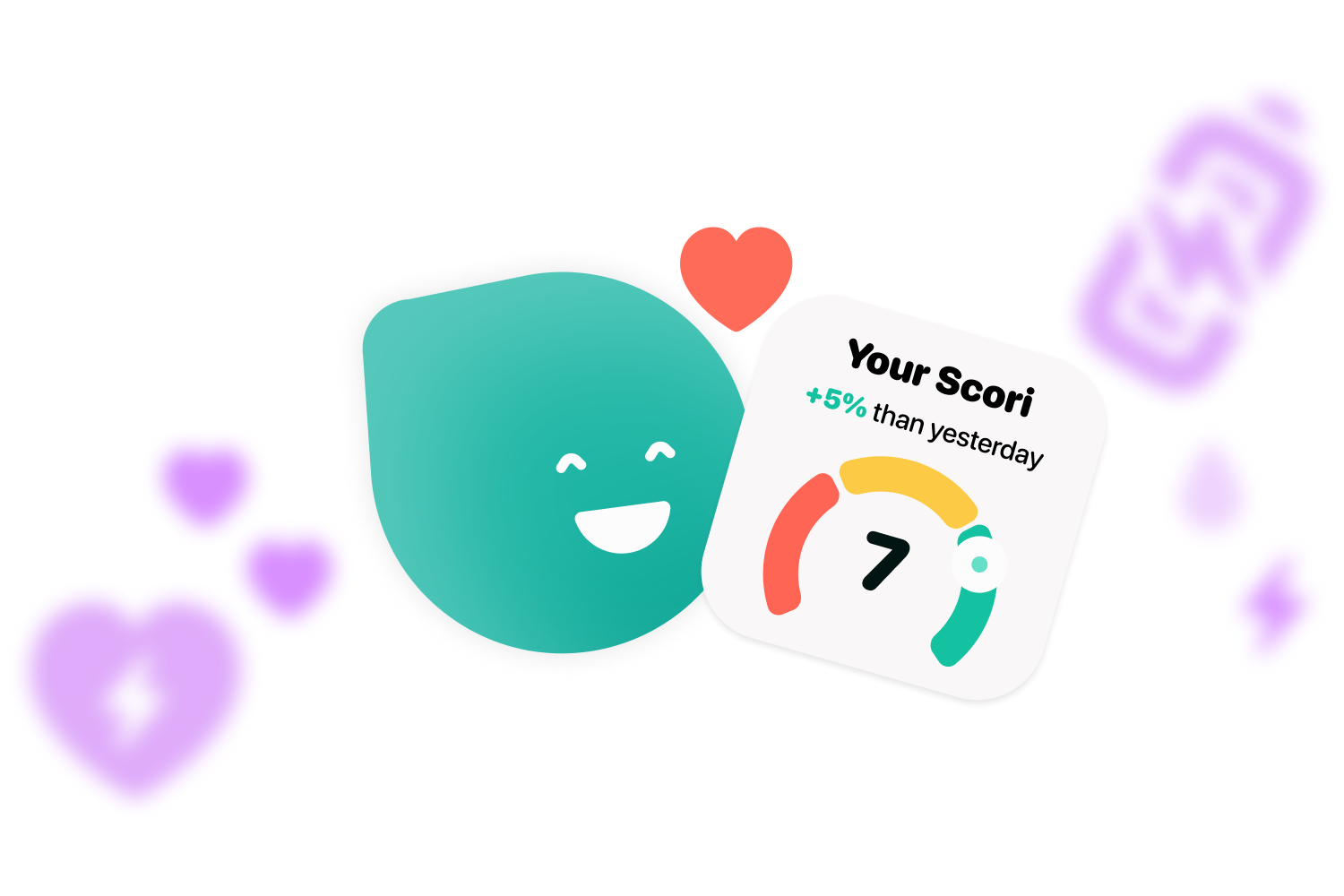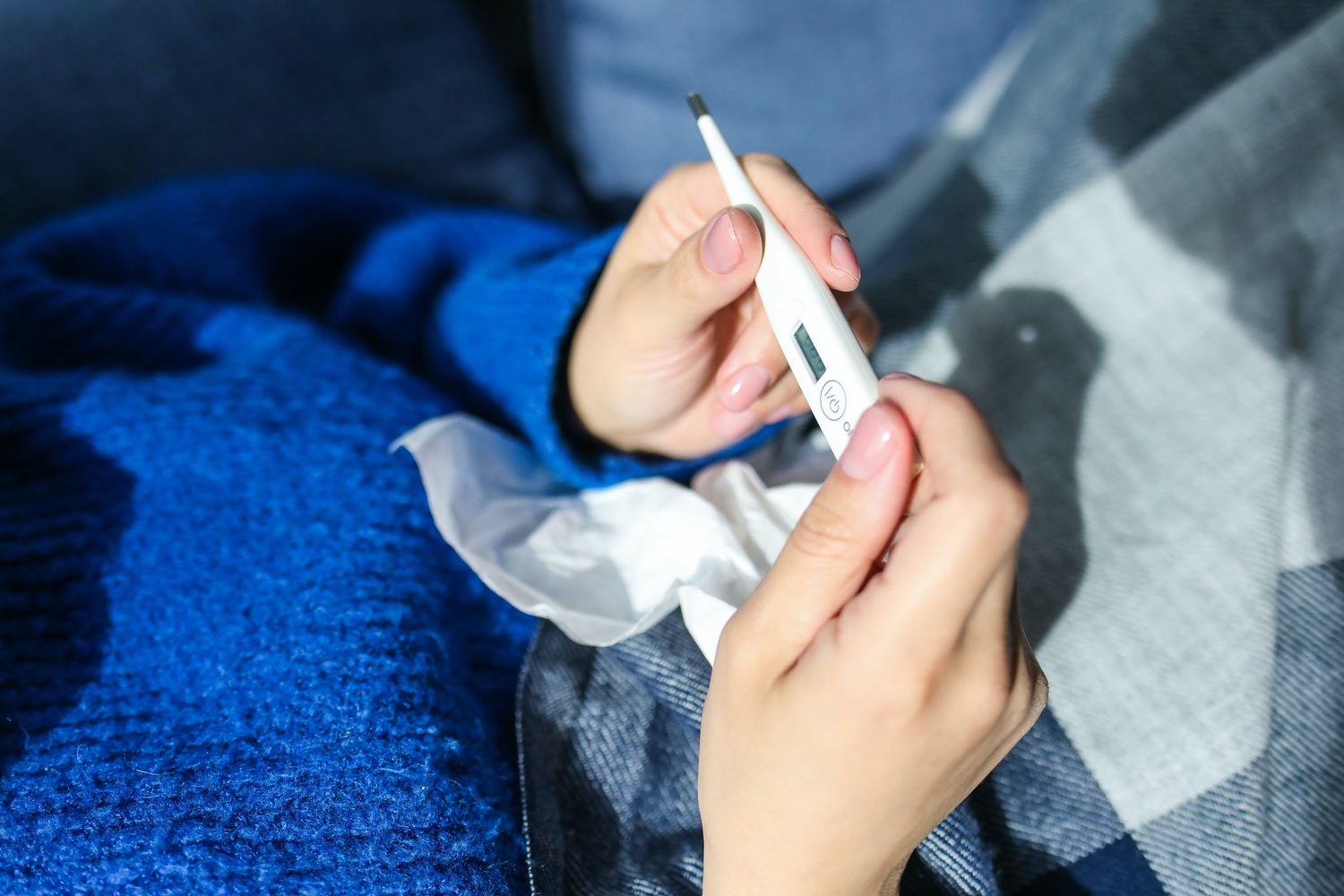Now that the high temperatures begin, we don’t stop hearing on television that we must take care of risk groups. But how does heat affect diabetes?
Summer is about to arrive and with it comes the high temperatures, the desire to spend more time on the streets and the occasional getaway to the beach or the mountains. However, diabetes does not go on vacation and now more than ever you have to control how heat affects diabetes.
Glucose higher than normal

Let’s start with a curious fact. Do you’ve the feeling that you notice the heat more than your non-diabetic friends? Well, oddly enough, your suspicions are totally founded. People with diabetes feel the effects of heat more, mainly because they dehydrate faster.
This happens for a simple reason, with heat the body becomes dehydrated, this causes dehydration to raise the level of glucose in the blood. As glucose rises, the body tries to eliminate it by urinating and thus becomes more dehydrated. A vicious circle that must be broken as soon as possible.
Do you know what the heat affects most? To your medication!

The perfect temperature to keep insulin is between 2 and 8 degrees, that’s in the fridge. The insulin you’re using can be at room temperature, but when the thermometer exceeds 30 degrees, it’s best to store it cold.
And always protect them from the direct action of the sun. Since even being at the optimum temperature (for example 6 degrees) the action of direct sun can damage them. In the case of traveling, it’s best to take them in a refrigerator with a cold tablet, but never in direct contact with it.
Also in temperatures above 30 degrees you should be careful with your glucometer, insulin pump and other equipment that you used to control your diabetes. On the beach or in the pool, don’t leave them in direct sun as they can spoil.
Not all drinks are the same

The best option to stay hydrated is water. It’s the drink that will hydrate and balance you the fastest. However, after a certain time it can be boring, and you want to try other things. Green tea without caffeine can be a good option, however drinks with high levels of caffeine or sodium can have the opposite effect.
As explained above, alcohol can cause dehydration and glucose spikes. Therefore, it is not the best option to drink in the hottest hours. You also have to be careful with soft drinks, since due to their high sugar levels, it will be better to use them when you have low glucose.
Check your glucose

Summer alters our schedules, we spend more time on the streets and enjoying outdoor leisure activities. This makes the control of glucose more complicated. To all this, we must add that high temperatures affect how the body responds to insulin, since vasodilation occurs that causes insulin to be absorbed faster. To control your glucose the best possible, use Cori, to help you stay within your range regardless of your plans.

Become a diabadass!
Join our weekly newsletter and learn
all the tips and tricks.
People with diabetes are especially vulnerable to the dangers of colds and the flu, but there are things you can do to control your symptoms and avoid getting sick in the first place. You may maintain your health even when you’re feeling under the weather by constantly monitoring your blood sugar levels, staying hydrated, getting enough of rest, and adhering to your diabetes management plan. Additionally, you may lower your risk of getting sick and safeguard yourself from any problems by maintaining proper cleanliness, being vaccinated, and generally maintaining good health. Make sure to discuss any worries you may have with your healthcare team for advice and support if you have diabetes and are worried about managing colds and the flu.
If you liked this article about how does heat affect diabetes, don’t forget to follow us on Instagram, Twitter, Facebook and LinkedIn.




